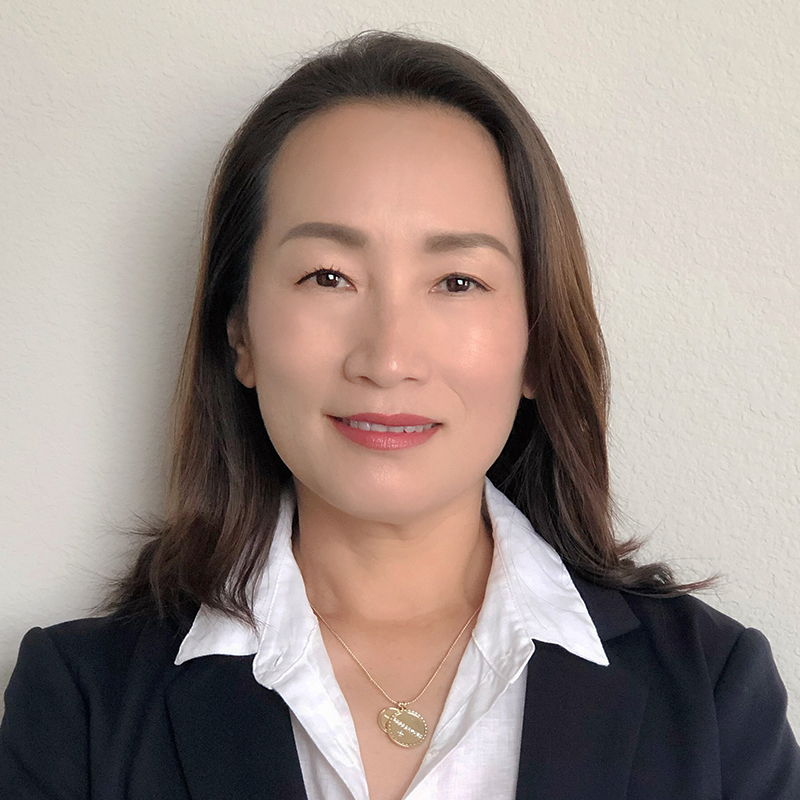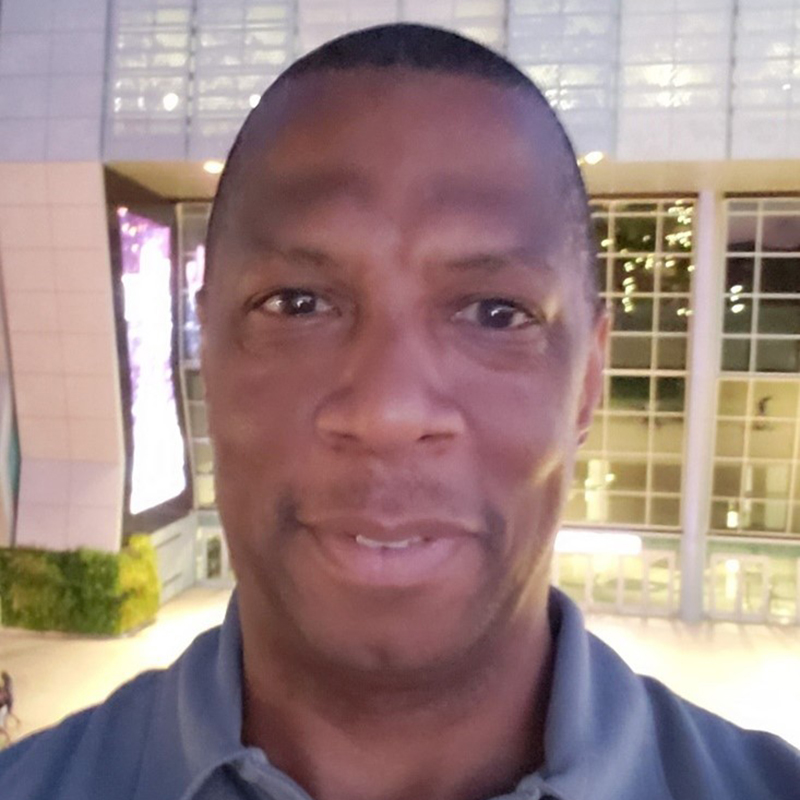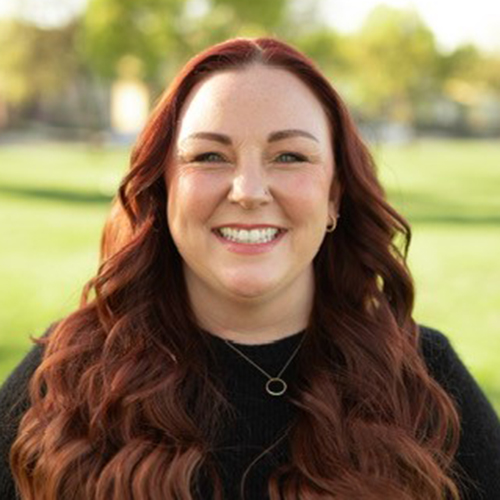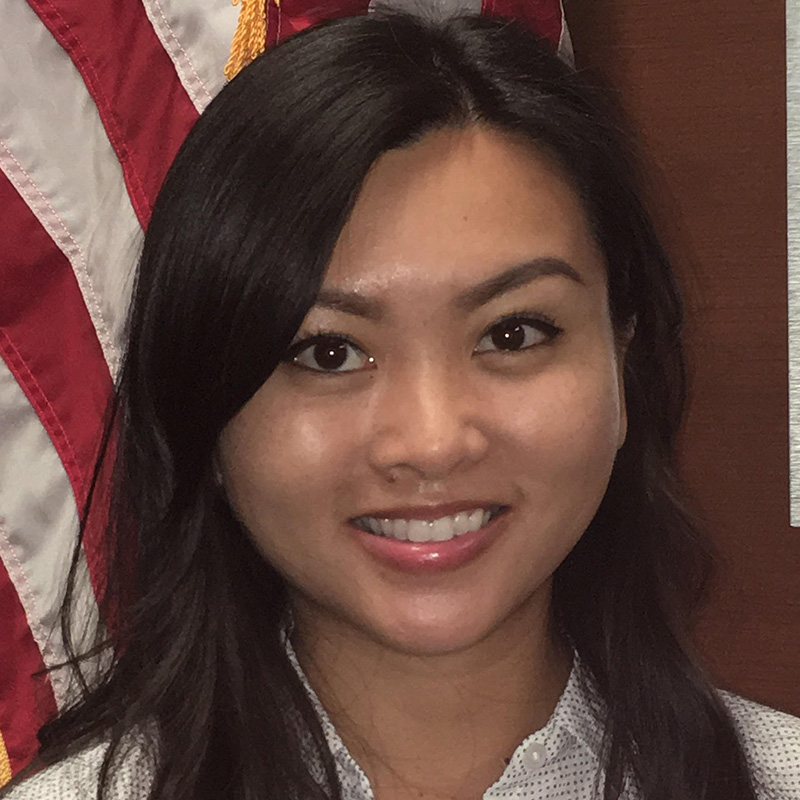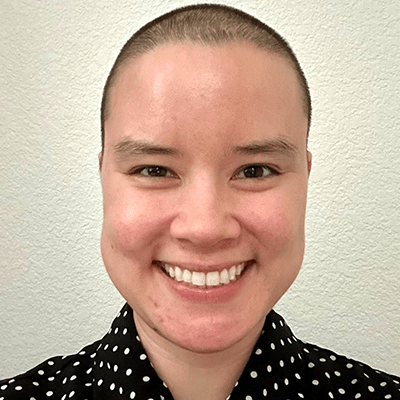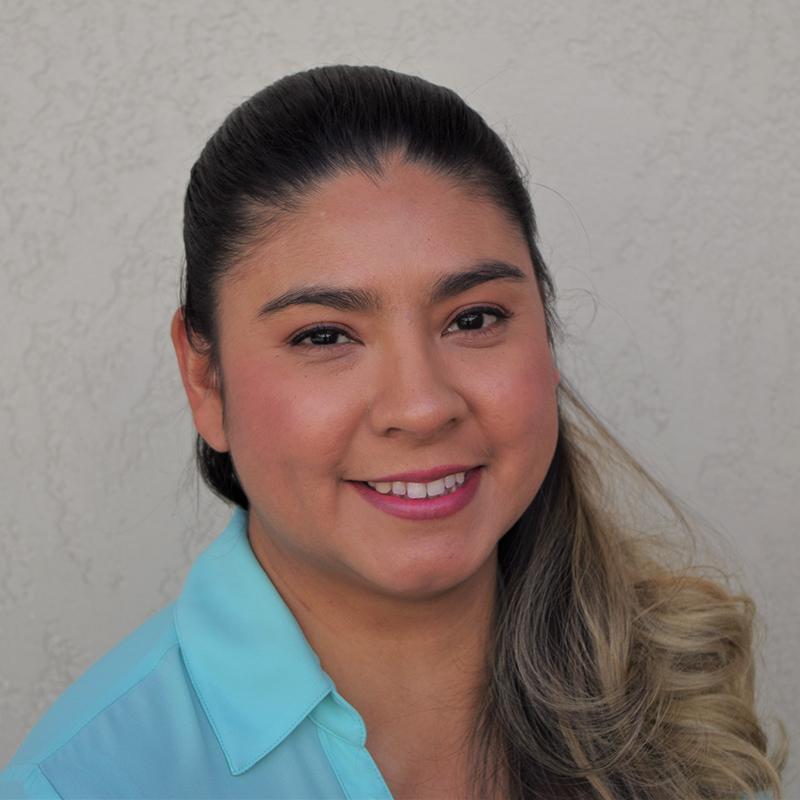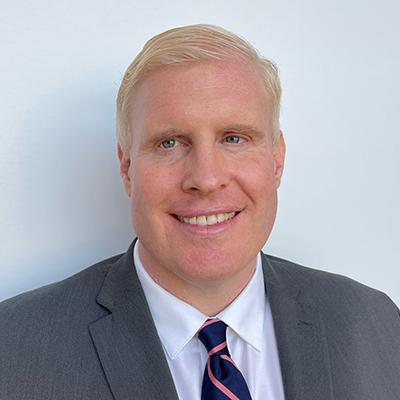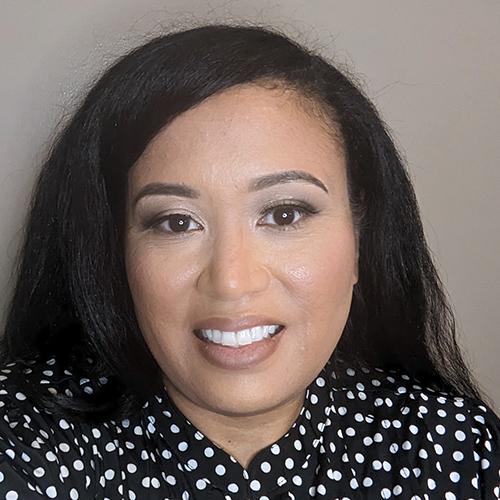

Farewell but not goodbye
On this day in 1957, after the Governor of Arkansas deployed the National Guard to support segregationists, President Eisenhower invoked the Insurrection Act of 1807 to deploy the 101st Airborne Division and take control of the Arkansas National Guard to protect nine black children attempting to attend Little Rock Central High School. This integration of segregated schools was required by the Supreme Court’s application of the 14th Amendment in the landmark decision, Brown v. Board of Education.
Five years later, on this day in 1962, James Meredith was the first black man admitted to the University of Mississippi. President Kennedy invoked the Insurrection Act to deploy over 30,000 troops to quell the massive riots that ensued. These were milestone events in the nation’s civil rights era that sought to correct centuries of racism.
In fact, on this day in 1789 during the first session of the First United States Congress, George Washington signed into law the creation of our federal court system, including the Supreme Court and the Office of the Attorney General.
Throughout our history, we have looked to our President for leadership, to Congress to establish just laws, and to the courts to protect and defend the laws of our land. Following the Civil War, the passage of the Civil Rights Act of 1866 and several constitutional amendments upended the systemic institutionalization of racism. A century later, the Civil Rights Act of 1964 further advanced the commitment of “We the People…To form a more perfect Union.”
Such advances were not easily implemented nor accepted, and often required intervention of federal might, including our military, to enforce the progress.
Recently, the President referenced the Insurrection Act in deploying federal troops to Los Angeles to protect ICE agents in their raids of Latino communities. This month, the Supreme Court reversed a lower court stay, enabling racial profiling to enforce immigration actions, including mass deportations often absent due process.
The Department of Justice was created in 1870 following the Civil War initially to preserve the rights of freed slaves by prosecuting the crimes of the KKK. The DOJ’s Civil Rights Division was formed in 1957 and has often been referred to as its crown jewel for valiantly protecting minorities, women, those with disabilities and, as stated on their web site, “the most vulnerable members of our society.”
Under the new administration, the Civil Rights Division and the DOJ as a whole have flipped the script. Enabled by the Supreme Court’s new interpretations of those very Civil Rights Acts and constitutional provisions drafted to protect the marginalized, their new priority instead is to protect against reverse discrimination. So much for the legal doctrine of originalism.
In my Board report five years ago on the 100th anniversary of women’s suffrage, I cited MLK’s reminder that the arc of the moral universe is long, but it bends towards justice. I also stated that this path is not ordained or easily attained, but that every advance will be hard fought, and then fought over again, and again in order to continue budging the arc in the right direction.
Recently, Kamala Harris referenced the elephants at the San Diego Zoo, who upon experiencing an earthquake, were caught on camera running to the center of their pen to form a protective circle around their young, faced outward and braced to confront the unknown threat. She suggested that in the face of crisis by those inciting fear, we ought not scatter and hide, but instead, connect with one another to band together like the elephants, circling the wagons around our vulnerable to face the threat.
That being my final historical note, let me now turn to IBank affairs.
This is my last Board meeting before turning IBank over to Andy Nakahata. I had initially planned to occupy this position for only 3 years, but am now approaching my 6th year, a testament to how much I enjoyed working with all of you in delivering on our mission.
My friend Jennifer Aaker teaches future managers at Stanford that “we all want to be valued members of a winning team on an inspired mission.” I’ve taken that to heart and set an aspirational vision for IBank upon my arrival, prioritizing jobs, climate solutions and serving the underserved.
IBank is a small family of highly dedicated public servants, all working tirelessly towards improving our communities. This powerful platform that was built by my two predecessors since our founding 31 years ago, Stan Hazelroth and Teveia Barnes, enabled us to accomplish our goals during my tenure.
But it has not been easy for our team. From my first year when we faced the pandemic, recession, riots, wildfires and lockdowns, followed by inflation and bank failures, to this year’s LA fires and upheavals triggered by the new administration, IBankers buckled up, remained resilient and persevered. Working entirely remotely for most of my tenure, faced with budget cuts, furloughs and a plethora of local and national crises, they delivered positive impact for the state with a string of record-breaking years.
I could not be more proud of our collective accomplishments. Relative to the three priorities established five years ago, IBank delivered:
- nearly 100,000 jobs
- nearly $6B in green projects
- and dramatic expansion reaching the underserved
In fact, comparing FY19 to this year, our new loan guarantees to small business owners increased from 579 to 1,310; black owners increased from 5 to 12%, Hispanic from 18 to 35%, and female from 19 to 38%. An astounding 86% of the loans were to Socially and Economically Disadvantaged business owners.
In addition to IBank’s core programs of 1-bond issuance for nonprofits, schools, museums and critical projects, 2-loans for municipal infrastructure and 3-loan guarantees to small businesses, we’ve launched several new programs:
- Pandemic emergency appropriations of $120M enabled us to launch the COVID-19 Microloan program and the California Rebuilding Fund public private partnership that together supported CDFIs and 3,600 small businesses at a desperate time of need.
- The exacerbating climate crisis led us to launch Catalyst – the state’s climate fund for commercial projects and the Climate Tech loan guarantee program for climate entrepreneurs.
- With the newly signed SB254, IBank will administer $325M of Prop 4 funds to launch a new program to fund transmission infrastructure for clean generation.
- With $250M of federal and state funds, we launched the state’s venture capital program. This program has already approved commitments of a third of its capital to underrepresented fund managers and entrepreneurs.
Not only has IBank set new production records and milestones in each program since FY19, but in the past six years our operating income has accumulated over $1B in profits, compared to operating losses of $23M for the six years prior. As a result, our balance sheet has increased from $820M to $2.5B, with over $500M more in funds on the way. This provides IBank the strength and resources to better serve all Californians on our core mission.
We are a financial service provider, and our clients are the businesses, nonprofits and communities of the state. As a result, we’ve placed a premium on improving our customer service experience. We embarked on a path to transform from a paper-based organization exemplified by rows of bulging file cabinets, to a more modern all-digital institution for maximum responsiveness and impact. We launched a new web site, implemented Salesforce, built a new front-end including loan match capabilities and all new back-office software platforms. AI comes next.
It was important for me to leave IBank in the best possible position for success and we could not have been more fortunate than to bring Andy on board. As a muni finance superstar with three decades in this field, there is no one better suited to elevate IBank’s impact to a level beyond what I could hope to achieve. Not only is he the best in the business, but I’ve come to know him as an amazing human being and a dear friend. With Andy as its fourth leader, IBank’s future has never been brighter.
I say farewell but not goodbye. I’m thankful to Governor Newsom for giving me this opportunity to serve at such a momentous time. His leadership and vision for the future have been absolutely inspirational to me and so many others at this profound juncture in the American experience. With leaders like Governor Newsom and Andy leading the fight, I have no doubt that better days are ahead and the arc’s bend will continue towards a more perfect union.
In our December Board meeting of that traumatic year of 2020, I stated:
“Defeat was never an option even as our leading institutions, our constitution, and even democracy itself were being tested. Not in the darkest hour of the pandemic, economic depression, not as ash rained from the midday darkness over our homes, did we lose faith or confidence that better days are ahead, that CA will lead the way and that this little institution of IBank will stand up and do our part…This dark year of 2020 shines a light on what society is capable of when the world joins together to attack an existential problem.”
As I depart today, in 2025, I wouldn’t change a word.








